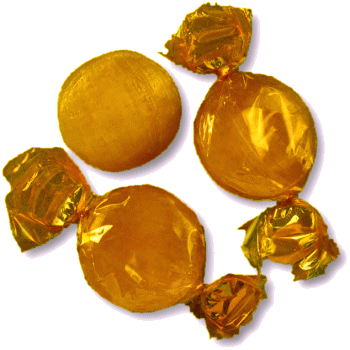




WELCOME TO AN ENTERTAINMENT SITE FOR SCOTTISH COUNTRY DANCERS!
Enjoy this curated selection of theme-related dances for celebrations and holidays, or find a dance associated with a special calendar day, or EVEN your own birthday!
Aug 9

Book Lovers Day
The Bookworm
Other Scottish Country Dances for this Day
Today's Musings, History & Folklore
"When in doubt, go to the library."
~ J.K. Rowling, Harry Potter and the Chamber of Secrets
When not dancing (or sidelined with sore dancing feet), are you an avid reader, a book club member or consider your self an avid reader, a "bookworm"? You may even have a collection of older Scottish Country Dance books which like many old books have that distinctive smell. Many people like the smell of old books, which can be the result of aging chemical compounds used in the glue, paper, and in the ink which gives a hint of vanilla from the lignin found in all wood-based paper. Interestingly, books produced before approximately 1850 have a different smell to those produced between 1850 and 1990, due to different printing processes using acid sizing to reduce water absorbency! The term "bookworm" (which has its English origins in any insect which bores through books) has interesting equivalents in other languages:
Bookworm (English)
Book flea (Indonesian)
Library mouse (Romanian)
Read-rat (German)
Ink drinker (French)
Reading horse (Danish)
So whatever your book-loving epithet, enjoy this novel length reel (88 bars!) and make up a story to help remember the various steps and figures for the circles, reels, arches, grand chains, and Schiehalion reels, which make up this dancing story. 📚📚📚🐛
The Bookworm
“Read the best books first, or you may not have a chance to read them at all.”
~ Henry David Thoreau, A Week on the Concord and Merrimack Rivers
Today is the day for bibliophiles, lovers of books, also called "bookworms."
The term bookworm originated with insects that bore through books. Actual book-borers are uncommon. Two moths, the common clothes moth and the brown house moth, will attack cloth bindings. Leather-bound books attract various beetles. The actual booklouse or paperlouse are tiny and feed on microscopic molds and other organic matter found in ill-maintained works, although they will also attack bindings and other book parts.
The Chief Secretary for Ireland from 1907–1916, Augustine Birrell once recounted a situation in which a bookworm had eaten through to the 87th page of a fifteenth-century vellum book.
The term "bibliosmia" refers to the love of the smell of old books (which is actually an aroma of molds and dusts and breakdown products from the book materials).
And the Japanese word ‘tsundoku’ means ‘buying a bunch of books and then not getting round to reading them’.
For more interesting book facts, click the painting by German painter and poet Carl Spitzweg, 1857, called "The Bookworm."
Click the dance cribs or description below to link to a printable version of the dance!





